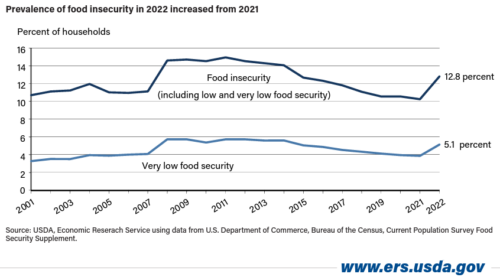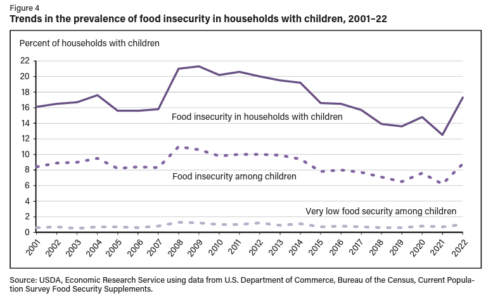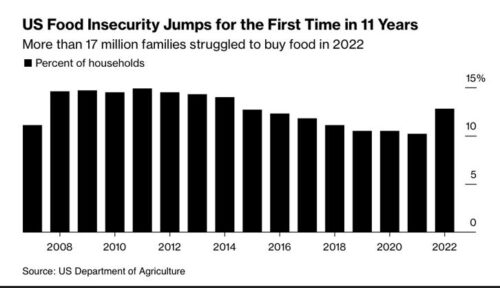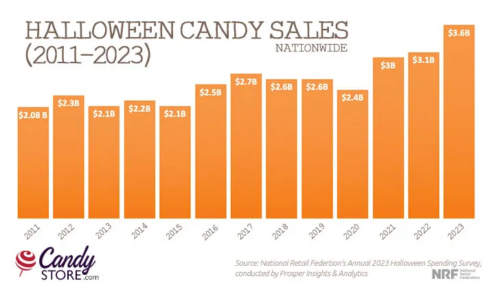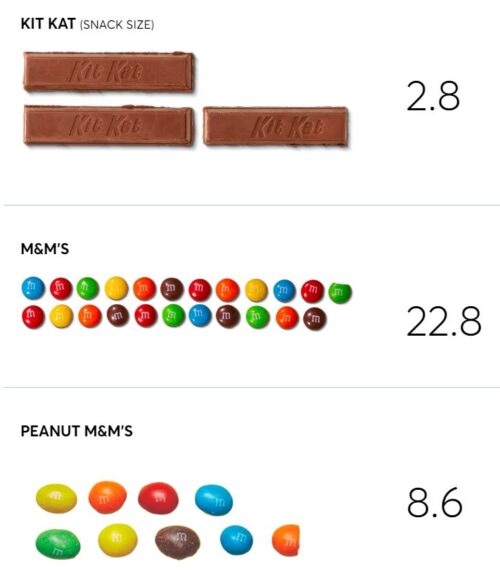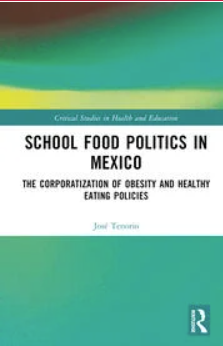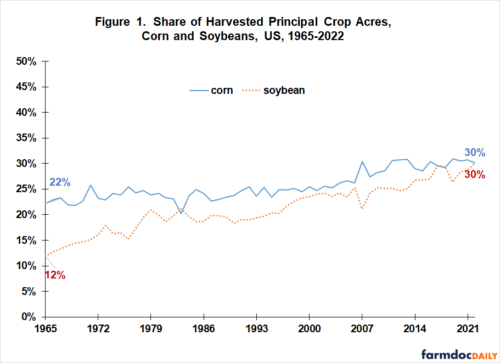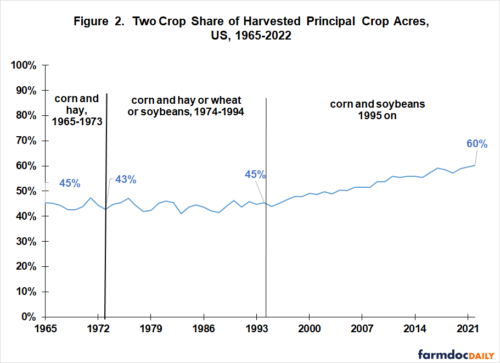Toward a national campaign to prevent weight-related chronic disease
Jerry Mande, a co-founder of Nourish Science wrote me to urge support for a national action plan to reduce obesity—and the chronic diseases for which it raises risks. (Note: he also has an op-ed in The Hill on NIH research and leadership needs).
Here is what we should do. It’s time for a new federal nutrition goal. For decades it’s been some variation of “access to healthier options and nutrition information.” Jim Jones [the new head of food and nutrition at FDA] used that last week in his vision for the new human foods program. It’s in USDA FNS’s mission too. The WaPo reporting on life expectancy, fatty liver disease, & Lunchables in school meals reveals that goal has failed and needs to be replaced.
The goal should be updated to: ensuring that every child reaches age 18 at a healthy weight and in good metabolic health. Cory Booker proposed making it the U.S. goal in his attached letter to Susan Rice on the WHC [White House Conference]. It’s part of the Nourish Science vision.
It’s doable. USDA has the necessary power, reach, and resources. Over half of infants are on WIC, 1/3 of children in CACFP [Child and Adult Care Feeding Program], virtually all in school meals, and almost ½ of SNAP recipients are under 18. If we leveraged those programs to achieve the new goal and with FDA’s & CDC’s help, we could make substantial progress. For example, USDA was able to raise school meal HEI [Healthy Eating Index] scores from failing U.S. average of 58 to an acceptable 82 in just three years.
We have a successful blueprint in FDA regulation of tobacco. When we began our FDA investigation in 1993 1/3 of adults and ¼ of kids smoked cigarettes. Today we have a $700M FDA tobacco center and 11% of adults and only 2% of high school students smoke cigarettes.
We should set the new goal in the upcoming Farm Bill. We should change USDA’s name to the U.S. Department of Food and Agriculture and state the new goal.
The only needed ingredient to make this happen is an effective federal nutrition champion. That’s how tobacco happened.
I’m optimistic. We can do this.
I like the vision. I’m glad he’s optimistic. Plenty of work to do to get this on the agenda.
Some background
- The CDC on how nearly 70% of American adults are overweight or have obesity.
- My report on the White House Conference, a year ago
- Politico (Helena Bottemiller Evich, now at Food Fix) on how diet- and obesity-related diseases are a huge public health problem, especially for COVID-19, but no government program exists to prevent them.
- Politico (Catherine Boudreau and Helena Bottemiller Evich) on how federal research on prevention of diet- and obesity-related diseases hardly exists.

